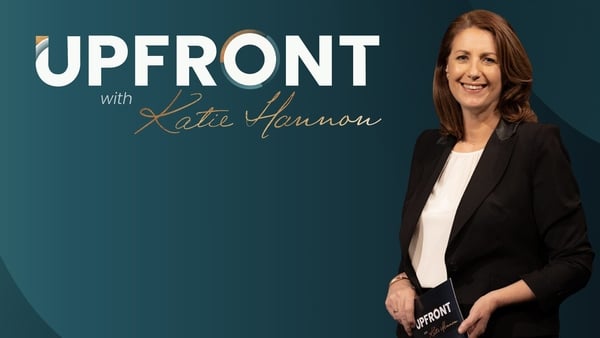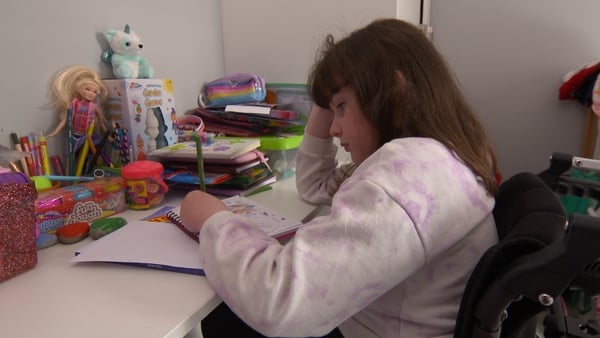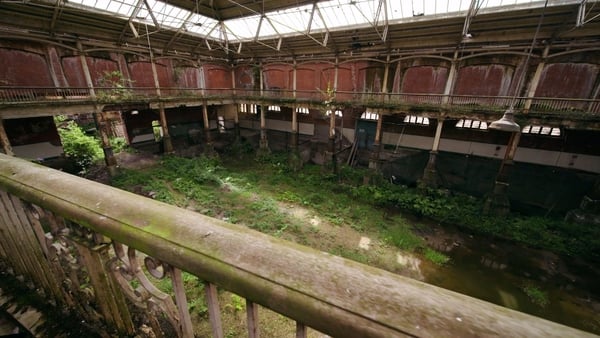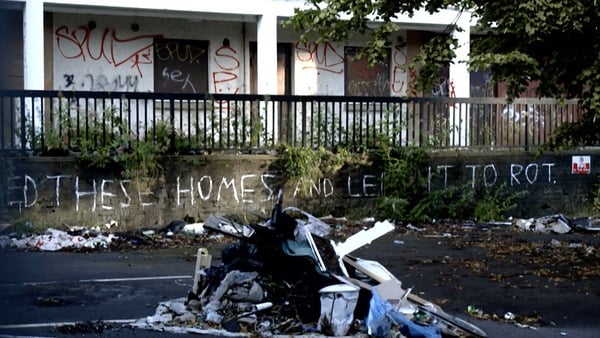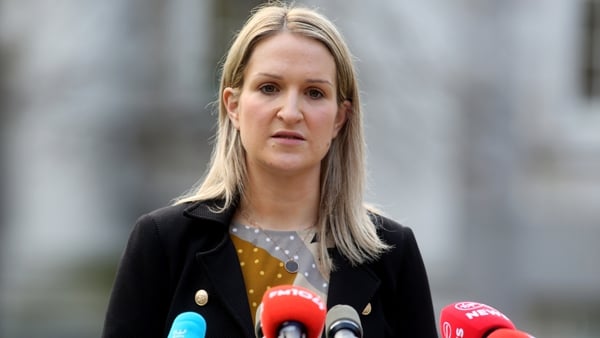Next year, the people of Dublin are expected to vote on whether they want a directly elected mayor. But is this what Dublin needs now and is it workable?
If it seems like the conversation over whether or not to have a directly elected mayor of Dublin has been going on for a long time, it is because it has.
Legislation was first approved for a directly elected mayor more than 20 years ago, but nothing has changed since about how the mayor is appointed.
At the moment, the Lord Mayor is elected annually by members of Dublin City Council (DCC). The position has existed for 800 years but is purely ceremonial. The person in the role is the mayor of the City Council, but has nothing to do with the areas within the county managed by Fingal, South Dublin or Dun Laoghaire-Rathdown councils.
A directly elected mayor, however, would hold a lot more power and be responsible for the entire county and how everything within it works.
Last year, an 80-member Citizens' Assembly was held to consider the type of directly elected mayor most appropriate for Dublin and the local government structures to support it.
The Assembly was given briefings by political scientists, academics, the CEOs of the four local authorities in Dublin, former politicians as well as mayors in other jurisdictions. It was chaired by Jim Gavin, former Dublin GAA football manager, one of the most successful managers in the history of Gaelic games.
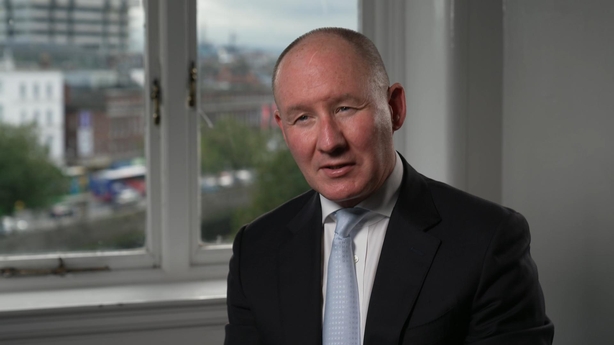
After meeting numerous times, the Assembly recommended that Dublin should have a powerful, directly elected mayor, with many new responsibilities.
"In Dublin, we don't have that one person who we can all hold account and who can set strategic direction for Dublin at a national and international level. And somebody who can champion for Dublin," Mr Gavin told Prime Time.
Under the Assembly’s recommendations submitted to the Oireachtas, the mayor’s office would have 15 specific devolved powers, including housing, homelessness, community healthcare, transport, the environment and emergency services.
Six other areas including policing, water, and education were recommended to be devolved after five to ten years.
"There are mechanisms within the recommendations that if a mayor isn't performing, they can be removed from office," Mr Gavin said.
The Citizens' Assembly wasn’t tasked with examining whether Dublin should have a directly elected mayor, but to examine what type of directly elected mayor Dublin should have. But there are those believe that this set-up was wrong from the beginning.
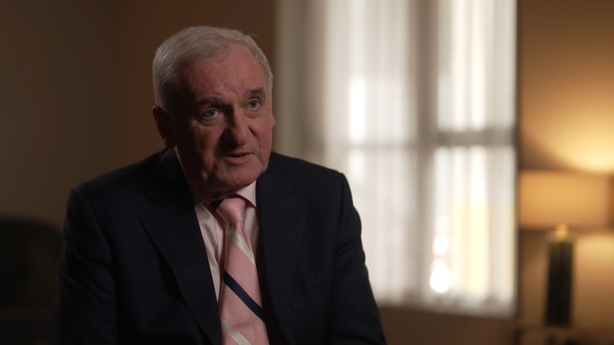
Speaking to Prime Time, former Taoiseach and Lord Mayor of Dublin, Bertie Ahern said he is against the idea and made sure, during his time as Taoiseach, that it never "went any further."
"It never made any sense to me and if I was there today, I'd do exactly the same thing," Mr Ahern said.
"’We'll consider sending over more powers like policing’ - that the Guards are going to be run from City Hall, God help us. These things are not going to happen," Mr Ahern said.
Although there’s scepticism around how and when the Assembly’s recommendations could be implemented, a powerful mayor with executive functions could be one way to address a system of weak local government in Ireland, where power is still held centrally.
Aodh Quinlivan from University College Cork specialises in local government and public sector management. He said a recent report from the Council of Europe slammed Ireland’s approach to local democracy and local government.
"They effectively said that we were not following the principle of subsidiarity, which is this idea that as many powers and functions and responsibilities should be devolved to the closest level to the citizen," Mr Quinlivan says.
"We now have planning laws which bypass the local authorities. The trend is continuously going towards centralisation. So we're out of kilter with a lot of our European counterparts."
But is the idea of devolving these centrally held powers to the elected mayor’s office actually realistic?
Dublin’s current Lord Mayor Daithí de Róiste, who was elected as a councillor to DCC in 2014, doesn’t think so.
During his time as a councillor, he says there has not been a devolution of powers to councils.
"What we find is we find we get ministers sometimes that do regulations to try and take away powers from councillors rather than implement them," Mr de Róiste says.
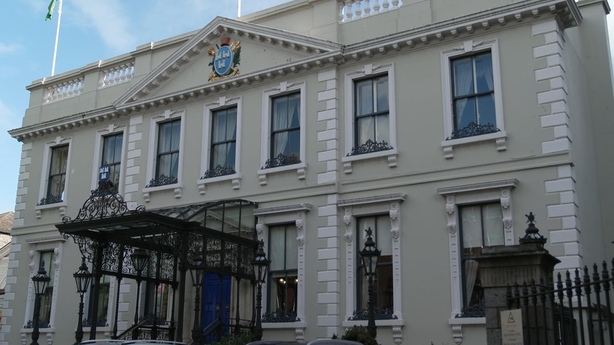
Given the size of the capital as a proportion of the country, any mayor elected by the people of Dublin will have a colossal mandate, larger than any elected official other than the president. That could bring them into conflict with the government of the day.
"I'm not sure that there is huge political enthusiasm behind the concept. So that is a very grave danger," Mr Quinlivan said.
"You have somebody who is elected by the people of Dublin who would have a stronger mandate even than the Taoiseach of the day perhaps, coming up with contrary policies and arguing continuously with central government."
Other cities in Ireland have already voted on whether to have directly elected mayors.
In 2019, both Cork and Waterford voted not to have one. That same year, in Limerick, where plans for a directly elected mayor had also been in the pipeline for years, people voted in favour of it.
Next June, voters in Limerick will elect their mayor for the first time. More than €4.3million was allocated in Budget 2024 for the set up of the new mayor's office, which will have a staff of up to five people, and the delivery of their mayoral programme. It’s been reported that the mayor will be paid around €150,000 per year.
It has been reported that a vote on an elected mayor to Dublin could be held at the same time as the European and local elections next summer. If that is to happen, the clock is ticking on the plan. The Citizens' Assembly advised that the Government respond in detail to its recommendations within six months but that was in January.
"That timeline has already been missed. From talking to the political parties, they all have this consensus that Dublin does need a directly elected mayor. It's in the programme for Government. But we've been here before in terms of getting this piece of legislation through, going as far back as 2000," Mr Gavin said.
An Oireachtas committee, which is meeting this week, will make its own recommendations to Government, but the devil will be in the detail, of which there is little at the moment.
"I think we'll see the intent of the Government and how much they really want them to have a directly elected mayor in the coming months," Mr Gavin said.

